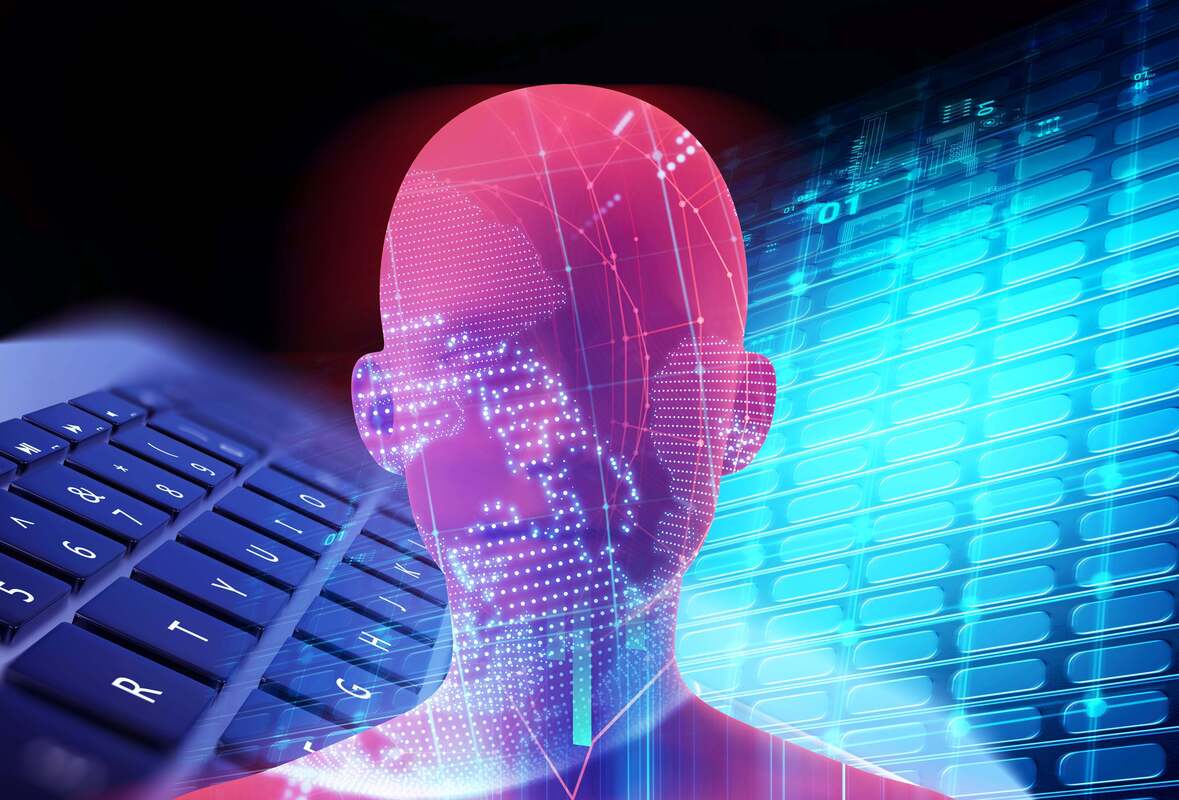AI is likely to impact 40% of global jobs, with the impact going as high as 60% for developed economies, according to the International Monetary Fund (IMF). In low-income countries, on the other hand, 26% of the jobs would be impacted.
“Roughly half the exposed jobs may benefit from AI integration, enhancing productivity. For the other half, AI applications may execute key tasks currently performed by humans, which could lower labor demand, leading to lower wages and reduced hiring,” pointed out the blog post by IMF Managing Director Kristalina Georgieva. AI is more likely to complement human work instead of completely replacing the jobs, added the blog post.
To read this article in full, please click here
AI is likely to impact 40% of global jobs, with the impact going as high as 60% for developed economies, according to the International Monetary Fund (IMF). In low-income countries, on the other hand, 26% of the jobs would be impacted. “Roughly half the exposed jobs may benefit from AI integration, enhancing productivity. For the other half, AI applications may execute key tasks currently performed by humans, which could lower labor demand, leading to lower wages and reduced hiring,” pointed out the blog post by IMF Managing Director Kristalina Georgieva. AI is more likely to complement human work instead of completely replacing the jobs, added the blog post.To read this article in full, please click here Read More Computerworld















+ There are no comments
Add yours